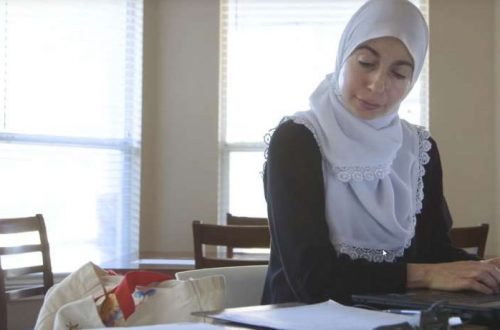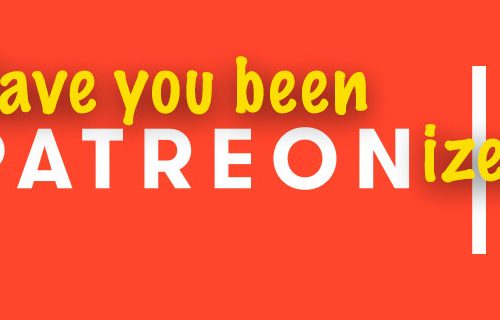Debate: Joyce Arthur v Peter Tatchell
Joyce Arthur is a Canadian feminist.
Peter Tatchell is a UK human rights campaigner
Joyce Arthur
A consensus exists in most western democracies on the legitimacy of using laws to punish or inhibit hate speech, in order to prevent hate crimes, provide redress to victims, support vulnerable groups, protect human rights, and promote values of equality and respect.
Countries have international obligations to combat racism, which requires enacting hate speech legislation. As in Canada, reasonable limits can be placed on freedom of expression to balance it against other fundamental rights, such as freedom from discrimination. Free speech is no sacred cow anyway, since various restrictions are already accepted by society (e.g., bans on threats, defamation, false advertising, noise around hospitals or schools, etc.)
While laws are only one tool among many to fight hate speech, they should at least be used against the most egregious cases. Courts and tribunals are capable of objectively weighing evidence and applying criteria to ensure that legitimate free speech or merely offensive speech are not captured.
Hate speech is dangerous because words have power and can influence others to act. The assassinations of abortion providers in the U.S. prove that words do not have to explicitly incite violence to cause violence. Hate speech promotes division and intolerance, and harms and marginalizes the vulnerable groups it targets. Free speech is exercised largely by the privileged at the expense of the unprivileged, who do not have a level ground on which to respond. Having no hate speech laws is unjust – as if peoples’ dignity and human rights should be up for debate in the public square and “may the best argument win.”
Peter Tatchell
Hate speech is merely saying hateful things. It is not the same as discrimination, harassment, threats or violence – all of which are qualitatively worse and are rightly criminalised.
I don’t approve of hate speech and believe it should be discouraged and challenged. However, I don’t think it should be criminalised, unless it is expressed in a particularly aggressive, inflammatory or sustained manner, in which case it would amount to criminal threats or harassment.
One of the main problems with hate speech laws is defining what constitutes hate. Unlike incitement to violence, it is highly subjective. The line between hate speech and legitimate unpalatable viewpoints is hard to draw with certainty, clarity and consistency.
Several Christian and Muslim street preachers have been arrested in Britain for hate speech. Their crime? They said that homosexuality is immoral and that gay people will go to hell. I disagree with them but opposed their prosecution. What they were saying was hurtful but not hateful. They did not express their views in a bullying or menacing tone.
Free speech is one of the hallmarks of a democratic society. It should only be restricted in extreme, compelling circumstances. Criminalising views that are objectionable and offensive is the slippery slope to censorship and to the closing down of open debate. It is also counter-productive. It risks making martyrs of people with bigoted opinions and deflects from the real solution to hate speech: education and rational debate. Hate speech should be protested and challenged, not criminalised.


